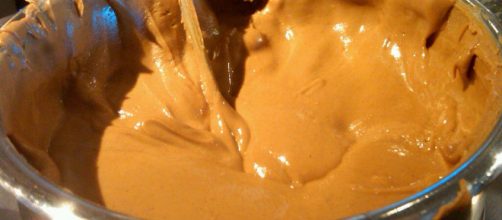Numerous parents have been informed that feeding or exposing your infant to any food containing Peanuts may reduce the chances of the infant getting peanut allergies in the future. The National Institute of Health (NIH) announced that although that is correct, there is a right time as to when your infant should be exposed to peanut-containing foods. Aside from the right time, we must not forget that these infants should be evaluated by an allergy specialist before their parents or caregivers introduce them to peanuts.
Expose them in the first year of their life
The National Institute of Health made a statement that allergy experts are saying that introducing infants with severe eczema or egg allergy (conditions that increase the risk of peanut allergy), to foods containing peanuts at that age can reduce the risk of developing an allergy. Allison Aubrey of National Public Radio reported that parents do not give their infants peanut-containing food until they are toddlers, especially if other families members had a history of peanut allergies. But recent studies have found, Allison says, that if you feed your infants peanut-containing food in their first year, this actually makes them "less likely" to be allergic when they grow up.
Do not give children whole peanuts
Just because it is recommended to feed your infants peanut-containing food in their first year, this does not mean that you give them whole peanuts. Whole peanuts can even make an adult choke, so they are even bigger choke hazards for infants. If you choose to feed your infants peanut-containing food, please do not give them whole peanuts.
Feed infants diluted peanut butter
The National Institue of Health has warned parents that along with whole peanuts, undiluted peanut butter can choke infants because it is sticky and thick. A video of Ruchi S. Gupta of Northwestern University shows how to dilute peanut butter for it to safe for feeding infants. Gupta recommends mixing two tablespoons of peanut butter and hot water.
This will make a peanut butter puree that will be safe for your infant to consume. Once the infant has eaten the peanut butter puree, make sure to check for hives, rashes, or any breathing trouble exhibited by the infant. In a large study published in the New England Journal of Medicine in 2015, researchers found that Babies may have allergic reactions to peanuts than range from hives, rashes, or in the most extreme cases, trouble breathing and even death.


